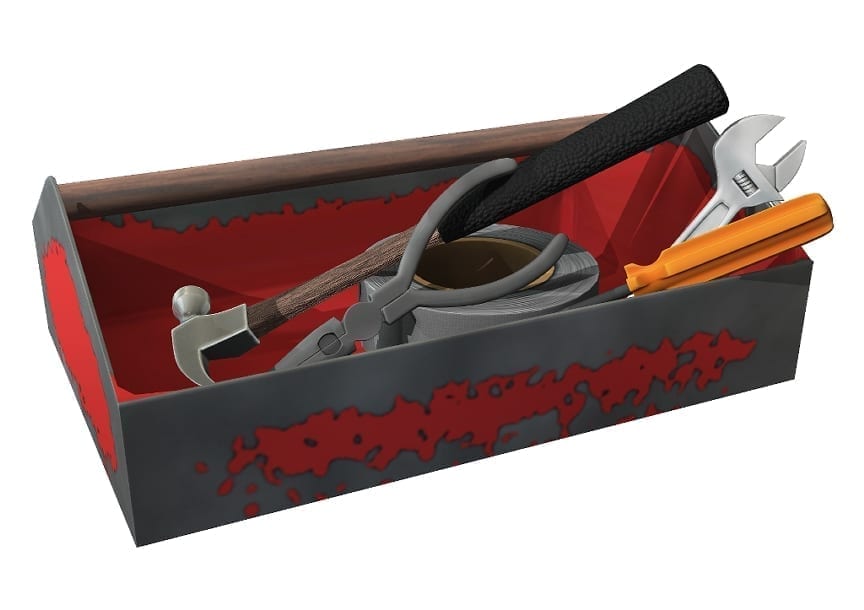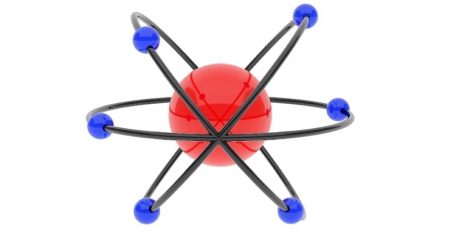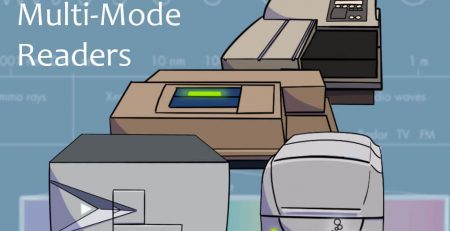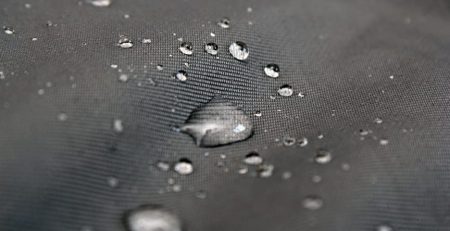Check Out This Nifty Darwin Toolbox Designed by UCL E iGEM Team
Imagine having a lab in a box. Thanks to iGEM team UCLA, next year you will be able to buy one for $1000, the Darwin Toolbox. The kit contains a PCR machine for copying DNA, a centrifuge that can reach up to 3000 RPM, an electrophoresis gel box for visualizing your data, a USB outlet and even a webcam for the gel box. Although the price is steep, it’s more affordable than buying lab equipment piecemeal. One OpenPCR costs $599. “How much can you do with a PCR machine if you don’t have the other equipment to analyze what you make?” says team member Bethan Wolfenden. Many open source kits available, such as the OpenFuge, often require time and a specific skill set to put together. “Sure it’s fun to make your own tools,” says team member Philipp Boeing, ”but for the majority of our customers, that’s not really a solution. They want biotechnology now.”
“Former scientists, technology enthusiasts, or families – they want to get this for their daughters or their sons to teach them a little bit more about biology and tinker around,” says Wolfenden. At a later date, they hope to include reagents and create modular kits so that you can personalize the box for your individual needs. “There’s a lot of potential to grow this into a more serious toy,” says Boeing. Darwin Toolbox Imagine having a lab in a box. Thanks to iGEM team UCL E, next year you will be able to buy one for $1000, the Darwin Toolbox. The kit contains a PCR machine for copying DNA, a centrifuge that can reach up to 3000 RPM, an electrophoresis gel box for visualizing your data, a USB outlet and even a webcam for the gel box. Although the price is steep, it’s more affordable than buying lab equipment piecemeal. One OpenPCR costs $599. “How much can you do with a PCR machine if you don’t have the other equipment to analyze what you make?” says team member Bethan Wolfenden. Many open source kits available, such as the OpenFuge, often require time and a specific skill set to put together. “Sure it’s fun to make your own tools,” says team member Philipp Boeing, ”but for the majority of our customers, that’s not really a solution. They want biotechnology now.”
“Former scientists, technology enthusiasts, or families – they want to get this for their daughters or their sons to teach them a little bit more about biology and tinker around,” says Wolfenden. At a later date, they hope to include reagents and create modular kits so that you can personalize the box for your individual needs. “There’s a lot of potential to grow this into a more serious toy,” says Boeing.














